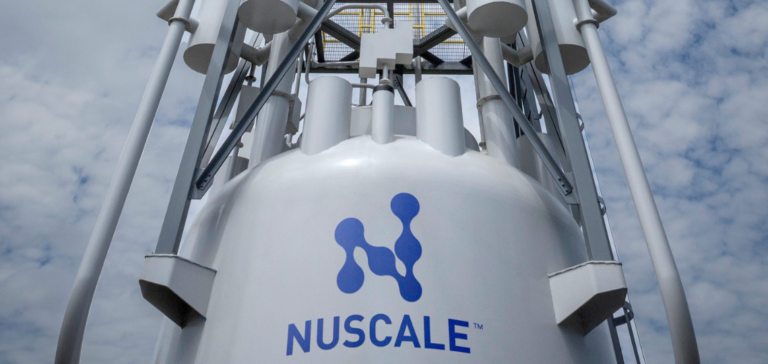The world of nuclear power recently witnessed a significant development with the cancellation of the Carbon Free Power Project (CFPP). Indeed, this decision, announced at the American Nuclear Society (ANS) 2023 Winter Conference and Expo, marks a potential turning point in the nuclear power industry.
Conditions and failure of the CFPP
John Hopkins, a key player in this field, explained that this mutual decision resulted from the inability of Utah Associated Municipal Power Systems (UAMPS) to obtain the necessary subscriptions to move the project forward. However, the CFPP, planned to be built on an Idaho National Laboratory site, had to meet three essential conditions for its continuity.
Reactions and implications of project cancellation
Despite recent estimates showing that capital costs, adjusted for inflation, remained stable, and that the cost of NuScale’s SMR technology was also stable, the project was unable to reach the 80% subscription target required by the end of the year.
NuScale’s current projects and future prospects
Despite this setback, NuScale continues to explore other opportunities. Doosan Enerbility is currently producing the forgings and materials needed to manufacture the first NuScale power modules, which they will then transfer to their next customer.
NuScale’s SMR technologies are currently being considered in several countries around the world, with projects underway in the USA, Canada, Europe, the Middle East and Asia. In Romania, RoPower Nuclear recently approved a second round of financing for the FEL-2.
The cancellation of the CFPP raises important questions about the challenges and opportunities of nuclear power in the context of the energy transition. Indeed, future developments in this field will remain crucial to understanding the role of nuclear power in our energy future.






















